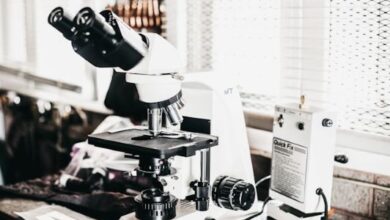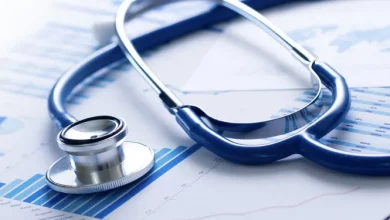Study Shows How South Florida Residents Are Coping With COVID-19 Based on Income Level

The Recovery Village reports an increased rate of drug-use in middle-income residents over those in high and lower-income households
By Stacey Henson, LCSW, ACSW
SOUTH FLORIDA – With over 40% of Florida’s COVID-19 cases, South Florida has been the epicenter of the state’s coronavirus outbreak. To better understand how the pandemic is impacting the South Florida community, The Recovery Village, a leading treatment center with locations across South Florida, surveyed 500 South Florida residents about their mental health and substance use.
The results showed that many respondents reported higher rates of drug and alcohol use.
Nearly 80% of participants said COVID-19 had impacted their mental health and almost half reported coping with stress or mental health symptoms as the reason for their substance use.
The study includes the following category of findings:
- Substance use in South Florida
- Middle Income Households in South Florida Reported Significantly Higher Rates of Drug Use
- COVID-19 Impacts to Mental Health: Reports of anxiety/nervousness increased with income level
- Highlighting the Need for Access to Mental Health Resources
Alcohol and Drug Use in South Florida
Many respondents reported higher rates of past-month drug and alcohol use. The rate of past-month alcohol use grew with household income: 40% of lower-income households, 45.96% of middle-income households and 52.69% of high-income households. The inverse was true of drug use.
The rate of reported past-month decrease in use corresponded with decreasing household income:
- 13.98% of high-income households
- 15.53% of middle-income households
- 16.33% of lower-income households
Based on their past-month consumption, 57% of those who drank and 60% of drug users said they felt they should cut back.
All groups selected coping with stress when asked what was the biggest reason for past-month substance use, but the rate grew with income level:
- 28.16% of lower-income households
- 32.3% of middle-income households
- 38.71% of high-income households
Here is a closer look at drug-use in middle-income households in South Florida:
- 95% more likely to use meth than lower-income households and 116% more likely than high-income households.
- 80% more likely to use prescription opioids and 145% more likely to use heroin or fentanyl than low-income households
- 19% more likely to use prescription opioids and 52% more likely to use heroin or fentanyl than high-income households.
- 95% more likely to use prescription stimulants, like Adderall and Ritalin, than lower-income and 16% more likely than high-income households.
- 84% more likely to report using benzodiazepines, like Xanax and Ativan, than the lower-income households and 26% more likely than high-income households.
For more information, read the full study titled “Does Income Level Help You Cope With COVID-19?” on The Recovery Village’s website.
The Recovery Village® Drug and Alcohol Rehab delivers comprehensive treatment services for substance abuse and co-occurring mental health disorders. With locations across the country, The Recovery Village® Drug and Alcohol Rehab offers patients a full continuum of care, including medical detox, residential services, and outpatient programs.
Stacey Henson, LCSW, ACSW, is the Community Outreach Coordinator for The Recovery Village, helping clients, families, and organizations find quality treatment options for mental and behavioral health disorders. Stacey received her Master’s of Social Work from Washburn University in Topeka, Kansas and did her clinical training at The Menninger Clinic. She is a licensed clinical social worker. Stacey has spent over 20 years working in behavioral health, specializing in trauma, PTSD, and Eating Disorders. She previously served as a psychotherapist for Family Psychology Associates, Clinical Social Worker for Bay Pines Veterans Hospital, has worked in maximum security prisons with the criminally insane, and university settings with student & staff populations. Stacey currently serves the Florida community at Advanced Recovery Systems’ Orlando Recovery Center and Next Generation Village.






